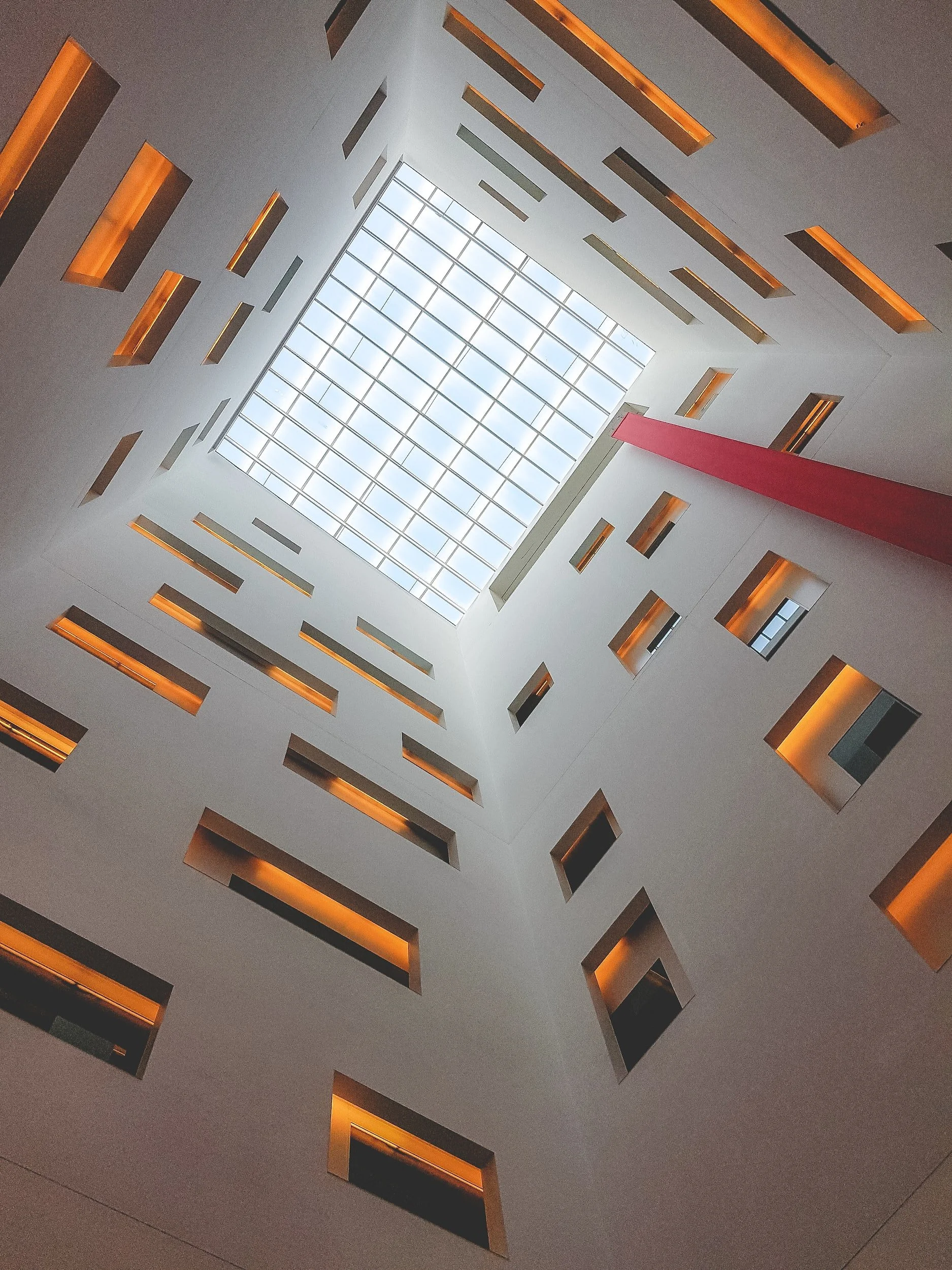Engineering for the Mind
Without an engineering for the mind, we will remain scattered by the gods, trapped by the whims of Nature.
-
Imagine you want to build a bridge across a river. You anticipate that cars and trucks will cross this river, and you also need the bridge to last for a long time. You want it to be safe for anyone who crosses over it.
What would you need to know to do this? Below is a non-exhaustive list of factors you’d consider in building your bridge.
-You need to know the weight of the beam and the reaction of the supports from that weight.
-You also need to know the reaction of the ground materials to the supports and beam. Imagine building on clay instead of rock.
-You need to consider the force of wind or water on the supports or beam.
-You need to know the brittleness, compressive strength, ductility, durability, elasticity, fatigue limit, tensile strength, flexibility, hardness, and sheer strength of all the materials you use.
-You need to know how to build the bridge to ensure that the bridge is stable. Mere theoretical knowledge doesn’t matter if you don’t practically know how to work the materials.
-You must understand how to source the labor to build a bridge.
What’s striking today is that we’ve solved all of the physics of bridge building. We’ve written books with pages and pages of calculated tables, created engineering software, and know theoretically and practically how to build bridges. Many companies and countries in the world know how to source skilled labor for building a bridge, and there are engineers who make their whole careers in building bridges across the globe. If you want to create a safe bridge, you can do it anywhere in the world, under any conditions. Bridge building is solved. What’s interesting is that we built bridges before bridge building was solved. Bridges built in the 1400s were not built with all of the relevant physics in mind. For example, we did not know the tensile strength of stone, but we knew it was solid and sufficient to build a bridge. We also knew that building a bridge out of cloth, sand, or vegetables would not work for a long-term bridge. We knew what worked, but not a deep, mechanical understanding of why it worked. Instead, we had sufficient knowledge of materials and an engineering mindset that asked, “how might we build a bridge with the materials we have?” We were engineers before we had mechanical understanding, but the engineering mindset allowed us to solve both the macro problem (bridge building) and, eventually, the micro problem (applied material science).
All this knowledge comes to us because of one question: How does it work? There was a point in human history when we didn’t know how to build a bridge, which then evolved into the knowledge of how to build a bridge without understanding all of the details of the physics involved, which in turn evolved into our solved knowledge of bridge building because we understand the all of the physics. The mindset of bridge engineering allowed us to scale the gap from a log thrown across a stream upward into stone bridges, then outward into bridges of all sorts, and deep knowledge of the mechanical forces at play.
Given our success at understanding the physical world, why then do we not have an engineering of the mind? We don’t understand motivation, habit formation, memory, emotional regulation, mindfulness, stress, pain, happiness, meaning, satisfaction. We don’t have a clear understanding of what it takes to make a goal into an outcome, and certainly don’t understand what it takes you specifically to make a goal turn into an outcome. We don’t know why some people are happy parents and others are miserable. We don’t understand falling in love or falling out of it. We don’t understand some of the most important features of how our mind works nor some of the richest experiences we have. Our minds are not managed, engineered things; our minds are untamed wilderness. Any bridges in the mind are built by falling timber. In absence of an engineering of the mind, we are completely at the behest of the ideologies, emotions, and behaviors that Nature brings to us.
Moreover, we do not have an engineering mindset about the mind. We do not ask the “how might we…?” question of our minds. When you ask people what would motivate them to complete a goal, or what would cause them to be satisfied with their life, or what most holds them back, they don’t know the answer and often aren’t sure how to begin to answer the question. Worse still, it may never have occurred to them to consider asking that question in the first place.
This missing discipline creates a bottleneck in our personal and societal development. In absence of an engineering mindset, the only waterways we can cross are ones that a tree has already fallen over. In absence of an engineering of the mind, the only satisfaction we can have is in the spaces that the world has given us. Today, we live at the whim of the mind that Nature has given us, but have no mastery over it, nor an inclination to understand what we could build once we have understood it.
–
There’s an ancient Sumerian story about the first engineers. The people came together to build the first city, Babylon, and at the center of that city was a ziggurat called Etemenanki dedicated to Marduk. Here, they learned to turn clay into bricks, and learned the practical physics of building tall buildings. We can see in the ruins of the ziggurat that they learned how to use buttresses and handle the compression stress from terraced structures, that the materials of raw earth brick limited their ability to build even higher. They mastered their materials and dedicated their success to the gods, because they saw their knowledge as divine. We know this story as the story of Babel. In that story, Yahweh sees these people with divine knowledge of engineering and linguistic prowess and claims that “anything they plan to do would be possible for them.”
So the gods, in their jealousy, brought war to Babylon, brought down Etemenanki, and destroyed the first engineers.
In the years since, we have slowly and surely built back our knowledge of brick and bridge, but we have not turned our attention to ourselves, to our minds, our emotions, or our thoughts.
Would anything we plan to do be possible for us if did so? What might we build if we had as much mastery and understanding of ourselves as we do bridges and brick?






